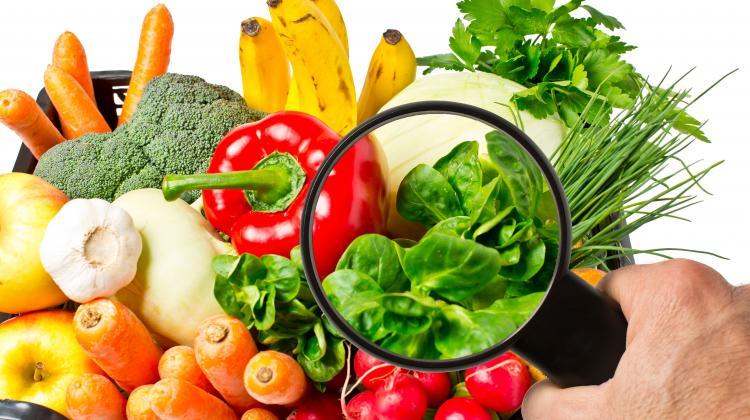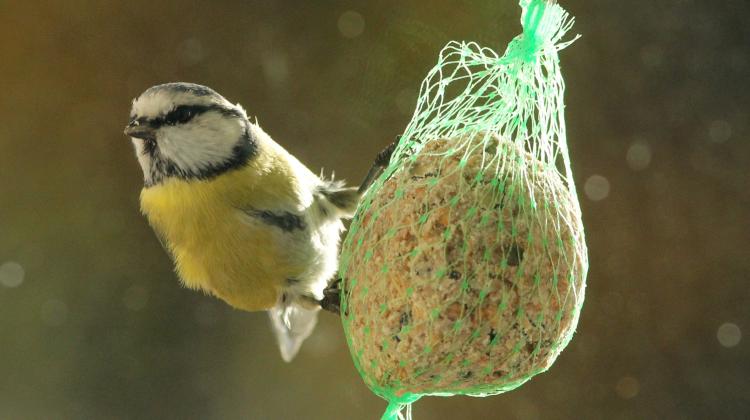Scientists say EU fruit & veg ban justified as it will avert bio-terrorism
 Credit: Adobe Stock
Credit: Adobe Stock
Bringing vegetables, flowers, seeds and most fruits into Poland from a non-EU country has been banned to reduce the risk of importing disease-causing organisms and stopping potential bio-terrorists.
As of last Saturday, tourists returning from outside the EU can only bring pineapples, coconuts, durians, bananas and dates following an amended European Parliament regulation.
Dr. Monika Bieniasz from the University of Agriculture in Kraków said: "Every day, the plant inspection services in the European Union receive signals about new threats, including insects or fungi larvae previously unknown in these areas, which threaten locally cultivated plants.”
She added that the EU’s Main Inspectorate of Plant Health and Seed Inspection reports that disease-causing organisms may be present on plants even if their symptoms cannot be seen with the naked eye.
This includes powdery mildew, a disease caused by a fungus brought from America that currently threatens the cultivation of currants and gooseberries. A large group of threats are also insects unknown in Europe, whose larvae can be brought, for example, in cuttings of transported plants.
A constant threat to vineyards is the Phloxer aphid, feeding on roots and leaves. In the 19th century, it destroyed almost all European vineyards. This species has also been brought to Europe and is still a potential threat to crops.
Dr. Bieniasz said: ”A new threat to fruit orchards in Europe, in turn, is the fruit fly Drosophila suzukii. Interestingly, it lays eggs not in picked fruits, but in those growing on trees. As a consequence, entire plantations ferment.”
Although the species has already reached southern Europe it has not yet been spotted in Poland.
Dangerous species for greenhouse crops, including predatory bugs, also enter the European Union from Indonesia and Malaysia, for example in the form of eggs.
Biotechnologist Professor Stanisław Karpiński from the Warsaw University of Life Sciences (WULS-SGGW), said the ban is justified and is similar to laws in other countries, including Australia, Brazil and Japan.
"This is a safeguard for agriculture. In my opinion, this is also a potential path to bioterrorism,” he said adding that banning the products sets the bar higher for any bioterrorists.
Dr. Bieniasz said: "We are used to freedom. We like to bring exotic fruits or seedlings from distant voyages for our families. But the introduction of the ban under the amended EU regulation is justified and, contrary to appearances, not at all hysterical.
”In the age of globalisation, this is justified,” she said.
PAP - Science in Poland, Szymon Zdziebłowski
szz/ zan/ kap/
tr. RL
Przed dodaniem komentarza prosimy o zapoznanie z Regulaminem forum serwisu Nauka w Polsce.


















